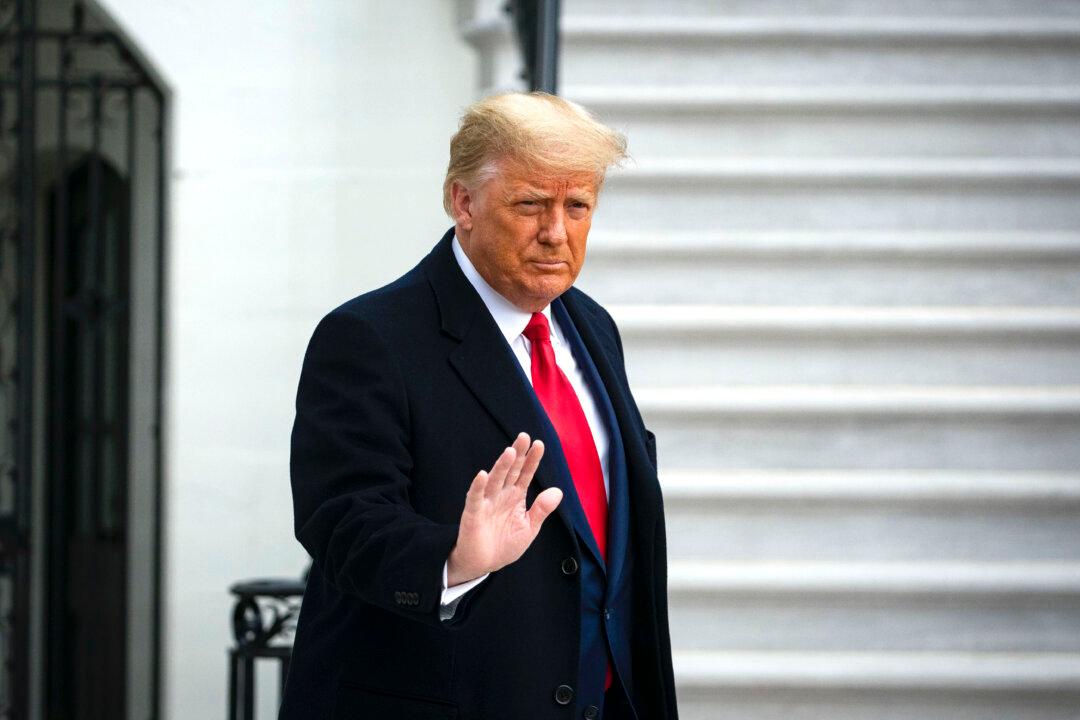There were multiple attempts on Thursday from both Republicans and Democrats in the House of Representatives to amend the pandemic aid and government spending package, after President Donald Trump’s surprise demand for more stimulus money for U.S. citizens.
One of Trump’s requests was to increase direct payments to Americans from $600 to $2,000 per person, which Democrats attempted to approve on Thursday. Republicans who opposed the higher amount blocked that effort.





